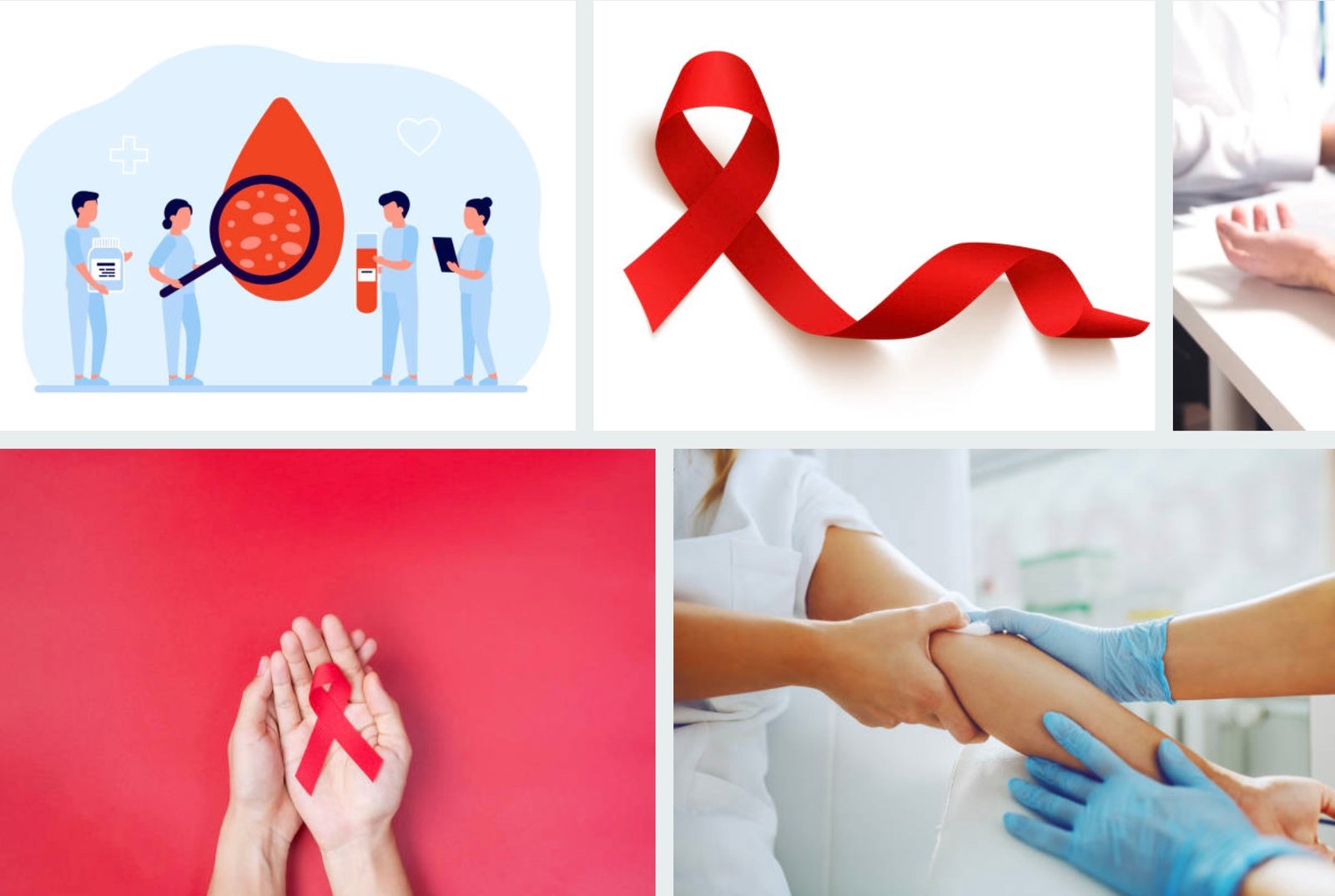To effectively protect yourself from blood-borne infections, it’s crucial to adopt specific preventative measures. These steps are straightforward and can significantly reduce the risk of diseases transmitted through blood. Let’s dive directly into the key actions you should take for this crucial aspect of health safety.
To protect yourself against infections transmitted through blood, follow these explicit and direct measures:
Use Protective Gear
Always ensure to wear gloves and appropriate protective clothing when there’s a possibility of coming into contact with blood. This is particularly vital in healthcare settings or when administering first aid. Protective gear acts as a barrier, preventing direct contact with blood and reducing the risk of infection.
Safe Needle Practices
Never share needles under any circumstances. This rule is crucial for needles used in drug administration, tattoos, and piercings. Always opt for new, sterile needles for each use to prevent the transmission of blood-borne diseases.
Handle Blood Carefully
For professionals who come into contact with blood, adhering strictly to safety protocols is essential. This includes proper handling, disposal, and cleaning of blood and any materials containing blood. These protocols are designed to minimize the risk of blood-borne infections in settings where blood exposure is more likely.
Safe Sex Practices
Engaging in safe sex practices, such as using condoms, is crucial in preventing the transmission of blood-borne infections that can be spread sexually. Condoms provide a barrier that reduces the risk of exposure to infections.
Test Blood Transfusions
It’s important to ensure that any blood received through transfusions is rigorously tested for infections like HIV, hepatitis B, and hepatitis C. Testing helps prevent the transmission of these diseases through blood transfusions.
Personal Hygiene Items
Avoid sharing personal hygiene items that could be contaminated with blood, such as razors, toothbrushes, or nail clippers. Sharing these items can inadvertently lead to the spread of blood-borne infections.
Cover Cuts and Wounds
Always keep cuts or wounds clean and properly covered. This practice helps prevent both the spread of your own blood and the exposure to potentially infected blood.
Blood Screening
If you believe you have been exposed to someone else’s blood, seek blood screening for blood-borne infections as soon as possible. Early detection can be crucial for effective treatment and preventing further spread.
Educate Yourself
Stay informed about the transmission of blood-borne infections and the latest preventative measures. Knowledge is a powerful tool in avoiding infection and understanding how to react in situations where blood exposure occurs.
Vaccinations
Get vaccinated against diseases like hepatitis B, which can be transmitted through blood. Vaccinations are a key preventative measure, providing immunity and reducing the risk of contracting certain blood-borne diseases.
Based on the above information, we protect ourselves from blood-borne infections. These infections can include diseases like HIV, hepatitis B, and hepatitis C, which can be transmitted through contact with infected blood. The protective measures mentioned are designed to minimize the risk of acquiring these infections through various means such as contact with blood, sharing needles, sexual activities, and other scenarios where blood exposure might occur.
By strictly adhering to these measures, you can significantly reduce your risk of acquiring infections through blood.

